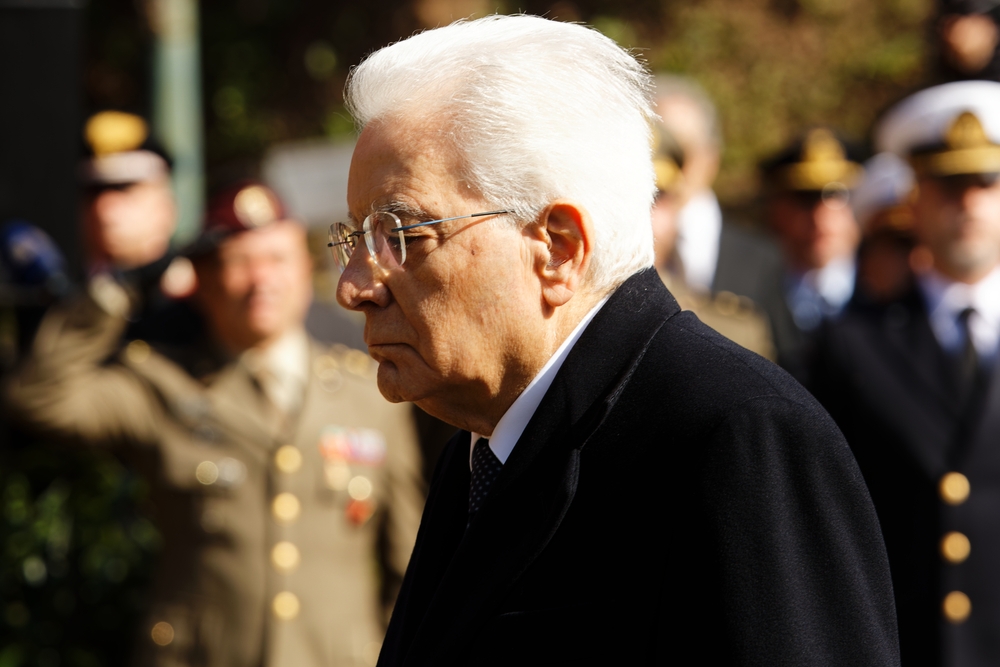In a speech delivered at the “25 Years of the Permanent Observatory of Young Publishers” event in Rome, Italian President Sergio Mattarella acknowledged the difficult decisions he often faces as head of state. He explained that, while there are times when he does not agree with the laws he must promulgate, he does so out of duty unless a law is clearly unconstitutional. “There have been many occasions where I have promulgated laws I found wrong or ill-timed, but I must do so as long as they have been voted on by Parliament and there is no evident unconstitutionality. A single doubt is not enough to withhold promulgation,” Mattarella emphasized.
Mattarella also took the opportunity to discuss the importance of maintaining balance and respect for the boundaries between the different powers of the state. “The powers of the state are not fortresses opposed to one another,” he said, stressing the collaborative nature of the executive, legislative, and judiciary branches. “Each power has its limits and must respect them. They are not in competition to take power from each other but must cooperate under the framework of the Constitution,” Mattarella explained, referring to the principle of checks and balances.
In his address, Mattarella reflected on the significance of his role as the President, which he described as one that demands impartiality and a commitment to national unity. “Unity is not the opposite of political opposition,” he noted, adding that political dialogue should occur within a context of shared national interest. He further explained that the President acts as an arbiter, emphasizing that the effectiveness of rules depends on the cooperation of all players involved, whether in politics or society.
Mattarella also touched on concerning trends, including the increasing abstention from voting, particularly among the youth. “The decline in voter participation is alarming, and we must address why so many young people feel disconnected from the democratic process,” he said. On the issue of youth emigration, he expressed concern that young people should not feel forced to leave Italy in search of opportunities. “The problem is not going abroad, but being compelled to do so,” he added, emphasizing the need for effective measures to retain talent and offer better prospects at home.

